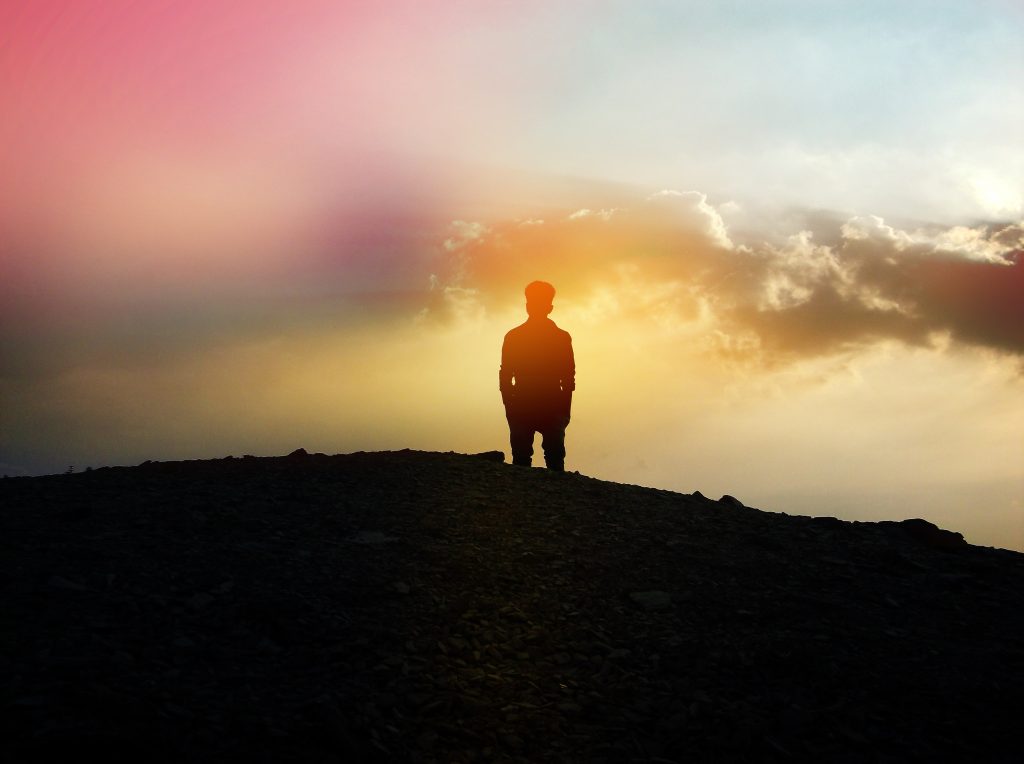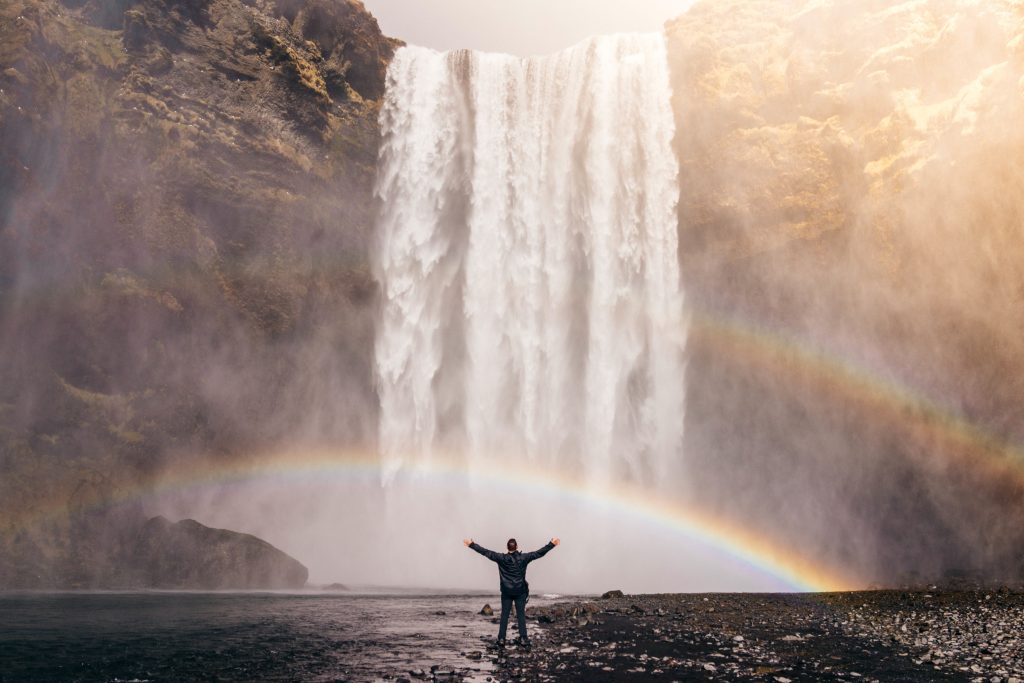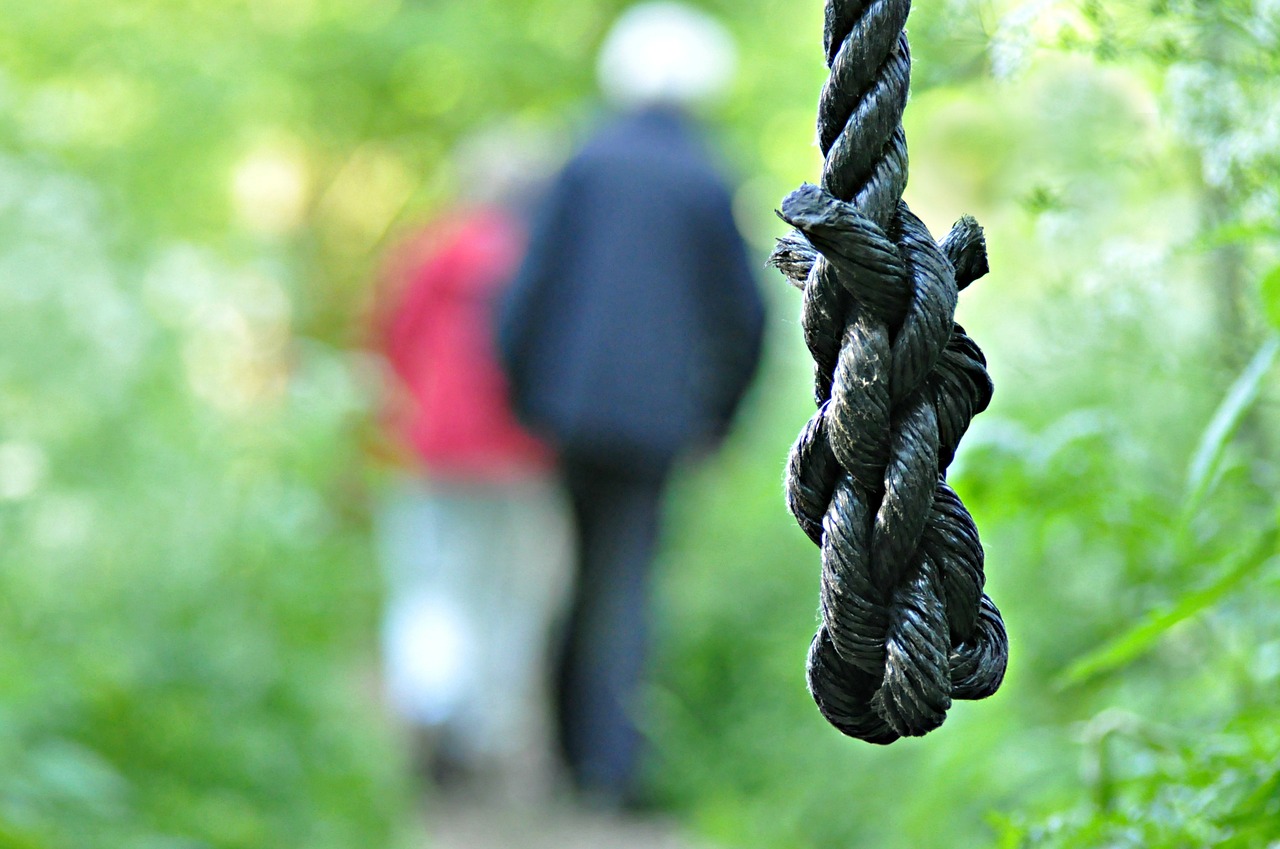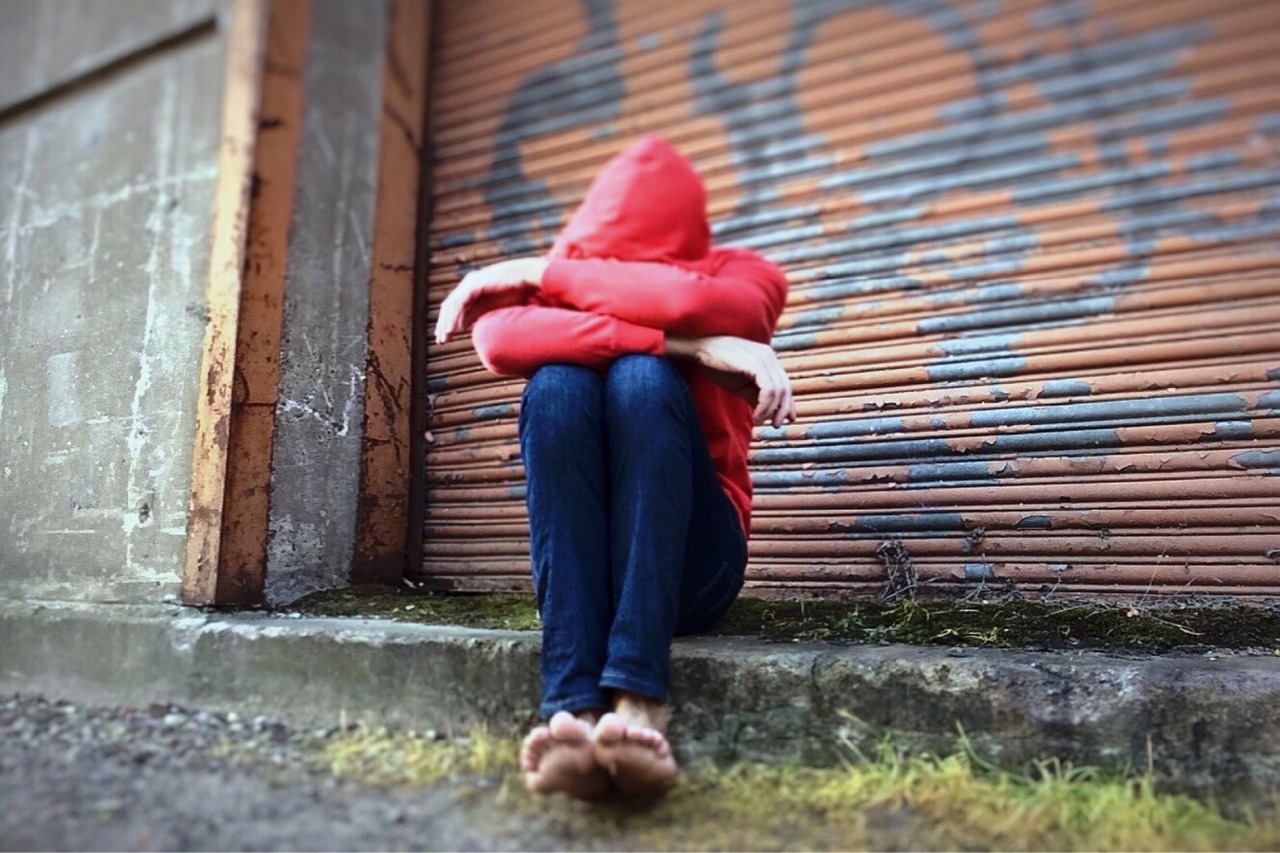It was less than ten years ago that the UK Supreme Court said that gay people should not have to hide their sexuality in order to avoid persecution in their home country.
This was a massive judgment for gay and refugee rights, reversing the previous law that meant that gay people could be deported if hiding their sexuality in their home country would be “reasonably tolerable”.
What happened?

Six years ago, the UK Supreme Court granted HJ and HT – from Iran and Cameroon, respectively – asylum in the UK because they were gay. If they had been sent back to their home countries, they would have had to hide their sexuality to escape persecution (that is, serious harm caused or endorsed by the State). People have been hanged for being gay in Iran and homosexuality is illegal in Cameroon, with ‘perpetrators’ being sentenced for up to five years in prison.
The two men had to persuade the court that it was a breach of the 1951 Refugee Convention to expect them to hide their sexuality in order to avoid persecution.
Their claims for asylum had been rejected previously because the courts said that hiding their sexuality would be “reasonably tolerable” for the men. In what became known as the ‘Anne Frank’ policy (in that, like Anne Frank, the men would be safe if they hid from authorities but not if they didn’t) the lower courts endorsed the view that it was reasonable to expect HJ and HT to hide who they really were.
In a powerful judgment, the Supreme Court disagreed. One judge said:
To pretend a person’s sexuality does not exist, is to deny them the fundamental right to be who they are.
One of the Refugee Convention’s purposes, the judges said, was to counteract discrimination. It could not therefore be right to expect people to go back to their countries and hide who they are.
Is there always a ‘happy’ ending?
 This case was a victory for protecting gay people from persecution in their home countries. But cases like this do not always have the same success as HJ and HT. As the same Supreme Court judge, Lord Hope, said in their case:
This case was a victory for protecting gay people from persecution in their home countries. But cases like this do not always have the same success as HJ and HT. As the same Supreme Court judge, Lord Hope, said in their case:
The fact is that a huge gulf has opened up in attitudes to and understanding of gay persons between societies on either side of the divide. It is one of the most demanding social issues of our time
The process facing LGBT asylum-seekers in the UK once became known as the ‘reverse of justice’ or ‘guilty until proven innocent‘. This was because LGBT asylum-seekers are assumed to be heterosexual and they have to prove their homosexuality, and the likelihood of persecution, before being granted asylum. This is contrary to the right to a fair trial, which includes the presumption of innocence.
An LGBT charity found that before this important judgment, 98 – 99% of LGBT asylum claims were rejected, compared to 73% of general asylum claims.
Around the world

Over 70 countries continue to criminalise homosexual activities, and five of these counties carry the death penalty. Our courts have the power under both the 1951 Geneva Refugee Convention and the Human Rights Act 1998 to stop people being deported to countries where they would live in fear of serious harm because of their sexual orientation.
A bisexual man, Orashia Edwards, feared he would be killed if he were deported to his home country of Jamaica. Sexual activity between men is a criminal offence in Jamaica, punishable by up to 10 years imprisonment. In 2014, Human Rights Watch reported that LGBT people were subject to “unchecked violence” in Jamaica. Orashia was permitted to stay in the UK after a three-and-a-half year legal battle with the Home Office.
Nonetheless, the UK regularly returns LGBT asylum seekers to dangerous countries of origin. In some cases, this can have devastating consequences.
Jackie Nanyonjo came to the UK to escape persecution in Uganda for being a lesbian. She sought asylum in Britain but was deported in January 2013. On arrival, the Ugandan authorities held Jackie for many hours despite the fact that she was in pain and vomiting blood because of the excessive force British authorities used to forcibly remove her. Jackie went into hiding for fear that she had been exposed as a lesbian. Without medical care, Jackie’s health deteriorated, and she died on 8 March 2013.
Human rights protect people like Jackie and Orashia from suffering inhumane treatment in their home countries. Celebrate your human rights and this important human rights case with our jazzy 2-minute animation.






